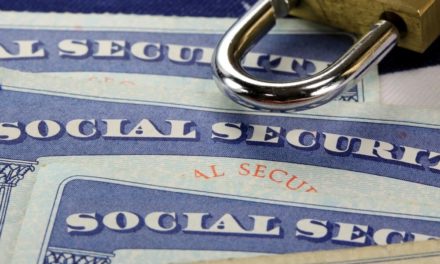Deloitte expects retail holiday sales to increase by as much as 5 percent from last year, totaling about $1.1 trillion from November to January. Many of these holiday purchases are expected to be consumer electronics and tech accessories, creating a bit of an awkward situation seeing as China dominates the market as one of the United State’s top importers of consumer electronics. Following recent reports that trade talks between China and the U.S. have resumed, consumers and retailers alike are beginning to wonder just how much tariffs will affect holiday spending and the prices of this year’s hottest items.
What Products Are Impacted by the Tariffs?
The Wall Street Journal reported that major retailers are working fast to get their holiday items shipped in time before the tariffs go into full effect as the U.S. has already imposed tariffs on consumer goods such as bicycles, handbags and even Christmas lights. A 10 percent tariff on these goods went into effect on Sep. 24 and will rise to 25 percent before the end of the year. These tariffs mean that about half of all of the goods imported into the U.S. will be subject to levies, and that affects popular holiday items that include everything from pet treats and collars to kitchen accessories, toys, perfumes and TV sets.
Bracing for the Potential Financial Impact
While the tariffs aren’t expected to have much of an impact on this year’s holiday spending, they are certainly projected to force retailers to raise their prices in 2019 to compensate for high importation fees. The President and CEO of American Apparel noted that apparel and footwear will be particularly affected, and added that “72 percent of footwear, 41 percent of apparel and 84 percent of accessories brought into the country originate in China.” Analysts note that the responsibility will fall to the retailers to either eat the costs of the tariffs or pass those onto consumers. The latter is more likely in today’s economic landscape in which millions of people all around the country are motivated to raise extra money in order to make ends meet.
Be Smart With Your Holiday Budget
There’s actually a way around paying too much for your hot holiday items this year. Experts from large retailers such as Walmart have noted that most large stores already imported their holiday goods back in October, and that tariffs are likely to have more of an effect on goods imported in late November after Thanksgiving. This means that, to avoid paying more for the perfect Christmas gift, try to shop now. Or, you can opt for a tariff-free item such as a smartwatch, one of Apple’s new products, or a fitness tracker. While you’ll be safe from tariffs — for now — Christmas 2019 might be a different story.
Keep scrolling to read more from Cassanda Robinson’s articles on Money & Markets.




